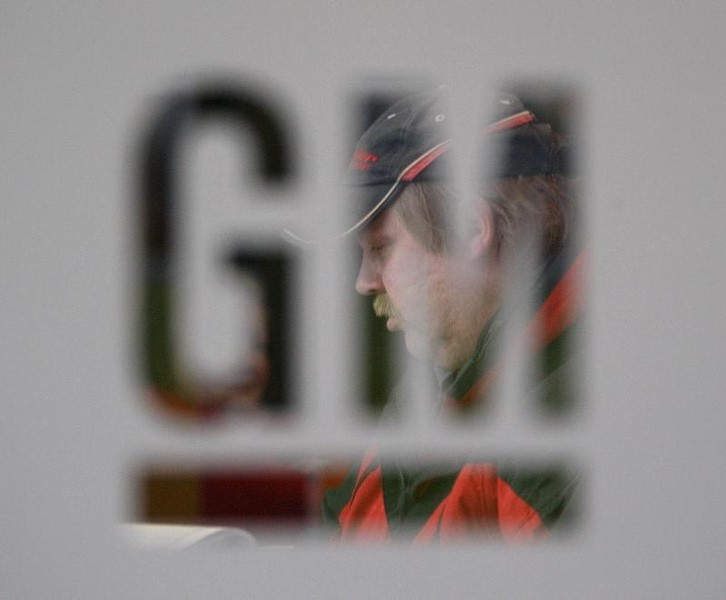The United Auto Workers (UAW) union revealed Thursday that more than 1,000 Volkswagen factory workers at the automaker’s Chattanooga, Tennessee assembly plant have signed union authorization cards.
The news follows an announcement last week where the union said that they would launch a first-of-its-kind push to publicly organize the entire nonunion auto sector in the U.S. A push energized by record contract negotiations with the Detroit Three automakers.
The UAW said last week that when 30% of employees in a nonunionized facility sign cards expressing their intent to join, the union would make the news public.
Should the number of workers seeking to join reach 50%, the UAW plans to host a rally featuring UAW President Shawn Fain to highlight and support the initiative. At the 70% mark, along with an established organizing committee, the UAW would pursue recognition or call for a union representation vote.
The UAW said employees from 13 nonunion automobile manufacturers are initiating synchronized campaigns nationwide to join the union. These efforts include companies like Tesla (NASDAQ:TSLA), Toyota (NYSE:TM), Volkswagen, Hyundai, Rivian (NASDAQ:RIVN), Nissan, BMW, and Mercedes-Benz.
Collectively, these automakers employ nearly 150,000 workers at their assembly plants in the United States, a figure comparable to the number of employees at the Detroit Three.
The deals struck between the UAW and General Motors (NYSE:GM), Ford Motor (NYSE:F), and Stellantis (NYSE:STLA) involved an immediate 11% salary increase and a substantial 25% rise in base wages anticipated until 2028.
Additionally, the agreements aim to shorten the duration required for employees to reach the highest pay tier from eight years to three years. Furthermore, there's a significant enhancement in the compensation for temporary workers by 150%, coupled with a provision to transition them into permanent positions.
Volkswagen increased pay for Tennessee factory workers by 11% last month, echoing other foreign automakers responding to UAW contracts. The move aimed to deter UAW entry.
Despite decades of effort, the UAW has struggled to unionize foreign automaker plants. Previous attempts at Nissan and VW's Chattanooga plants failed by wide margins. In 2019, VW workers voted against union representation by a narrow margin of 833 to 776.
